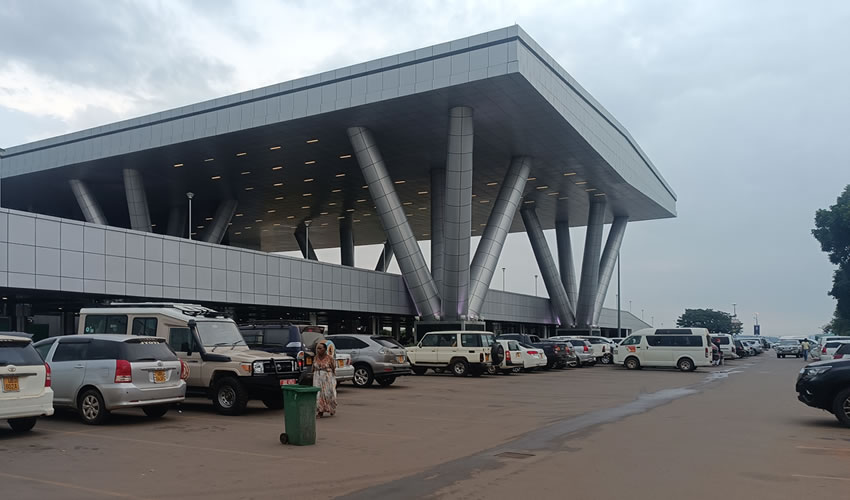By : Hason Mutunzi Bwambale
In a recent communication, the National Association of Broadcasters (NAB) announced the lift of their ban on government events, functions, and press conferences. However, it is evident that the boycott itself was not fully enforced. This article aims to shed light on the difficulty of boycotting such events, considering their significant contribution to news coverage in the country. Furthermore, it will highlight the failure of the boycott and the potential actions that NAB could take if the President chooses not to revise his directives.
It is no secret that government events, functions, and press conferences form a substantial portion of news content in any country. These events provide a platform for the government to communicate its policies, actions, and agendas to the public. Journalists, as the watchdogs of democracy, play a pivotal role in reporting on these events, ensuring transparency and accountability within the government.
As an association representing media houses, the NAB has a responsibility to uphold the principles of a free press, including the unbiased reporting on government activities. However, boycotting government events presents an inherent challenge for NAB due to the overwhelming dominance of such events in news coverage. The decision to boycott was, therefore, a difficult one to implement, given the practical implications faced by media houses under NAB.
Critics argue that despite the boycott announcement, several media houses under NAB continued their daily reporting as usual. This undermines the credibility and effectiveness of the boycott, suggesting a lack of cohesion within the association. The partial participation raises questions about the commitment of NAB's member organizations in upholding the boycott and standing united against the government.
The failure of the boycott amplifies the power imbalance between the government and media organizations. With 80% of news content dependent on government events, functions, and press conferences, media houses face challenging decisions. Should they participate and risk being viewed as complicit, or avoid these events and potentially lose out on important news coverage? The failure of the boycott only exacerbates these dilemmas, potentially compromising the media's ability to provide balanced coverage to the public.
In light of the boycott's failure, NAB needs to reassess its strategies and consider alternative approaches to address the concerns they initially raised. It is crucial that the association engages in meaningful dialogue with the government to ensure that press freedom is respected and that journalists can perform their duties without undue restrictions. Additionally, NAB could explore legal avenues, lobby for change, and continue to publicly advocate for a more transparent and accountable government.
The attempt by NAB to boycott government events, functions, and press conferences has proven to be a failure. The dominance of government-related news in the media landscape makes it exceptionally challenging to enforce such a boycott successfully. The partial participation by member organizations undermines the credibility of the association's stance. Moving forward, NAB must adapt its strategies and explore other avenues to safeguard press freedom and ensure balanced coverage, should the government refuse to revise its directives.








Comments